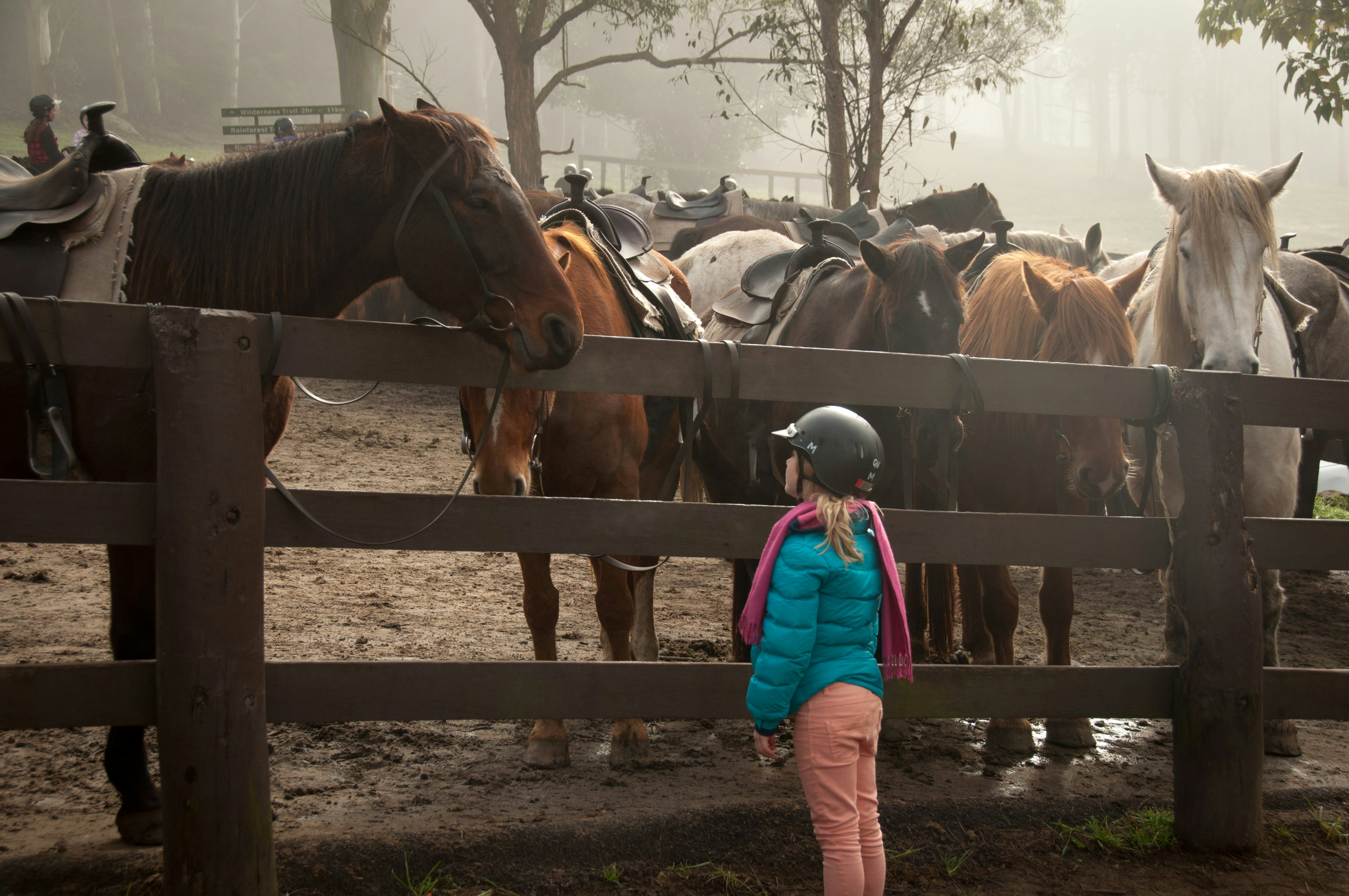Physical Development
One of the most apparent advantages of horse riding lessons for young children is the physical development it promotes. Riding a horse requires the use of various muscle groups, including those in the legs, core, and back. As children learn to balance and control their movements while riding, they naturally develop strength, coordination, and balance. These physical skills are not only beneficial for horse riding but also translate to other activities and sports, promoting overall fitness and well-being.
Confidence Boost
For many children, interacting with horses can be a transformative experience that boosts their confidence and self-esteem. Building a bond with a horse requires trust and communication, which can empower children as they learn to handle and care for these majestic animals. As they master new skills and overcome challenges in their riding lessons, children gain a sense of accomplishment and self-assurance that carries over into other areas of their lives.
Emotional Connection
Horses are known for their sensitivity and intuition, making them excellent companions for emotional development. Interacting with horses can teach children important lessons in empathy, patience, and communication. Through grooming, feeding, and riding, children learn to understand the needs and emotions of another living being, fostering compassion and empathy. The bond formed between a child and their horse can provide a source of comfort and support, promoting emotional resilience and well-being.
Cognitive Skills
Horse riding also offers cognitive benefits for young children. Learning to ride requires focus, problem-solving, and spatial awareness as children navigate obstacles and communicate with their horses. Riding lessons often involve following instructions, memorising patterns, and making quick decisions, which can sharpen cognitive abilities and improve concentration. Additionally, spending time outdoors in a natural setting has been shown to enhance cognitive function and reduce stress levels in children.
Responsibility and Discipline
Caring for a horse requires a significant amount of responsibility and discipline, qualities that are invaluable for young children to develop. From grooming and feeding to maintaining the horse's health and well-being, children learn the importance of consistency, organisation, and hard work. Through their interactions with horses, children cultivate a strong work ethic and a sense of accountability, traits that will serve them well in their personal and academic lives.
Horse riding lessons offer a wide range of benefits for young children, encompassing physical, emotional, and cognitive development. Beyond the thrill of riding, children gain valuable life skills such as confidence, empathy, and responsibility through their interactions with these magnificent animals. Whether they dream of becoming equestrians or simply enjoy the experience of riding, the lessons learned in the saddle can shape children's lives in profound and meaningful ways.
K Elizabeth xoxox
*Collaborative Post


No comments
Post a Comment